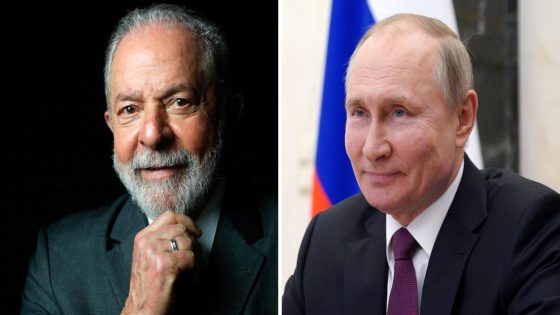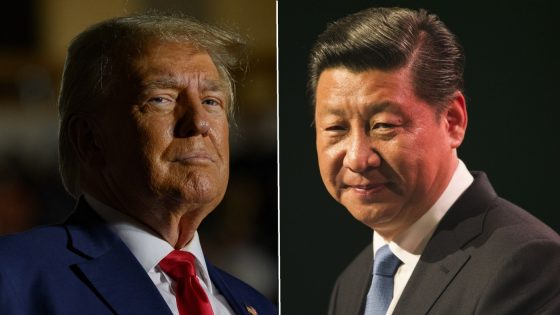According to Datafolha, only 24% of Brazilians approve of President Lula’s government as of February 2025. This marks the lowest approval rating across all three of his terms. With a staggering 41% disapproval rate, many are left wondering: what has led to this dramatic shift in public opinion?
- Lula's approval hits record low.
- Rejection ratings also at historic highs.
- Previous low was during mensalão crisis.
- October and December 2005 saw 28% approval.
- December 2024 recorded 34% negative rating.
Why Are Lula’s Approval Ratings So Low in 2025?
What factors contribute to such a significant drop in approval for Lula’s government? The latest Datafolha survey reveals a concerning trend in Brazilian politics.
Understanding the Political Climate in Brazil and Its U.S. Implications
The political environment in Brazil is increasingly volatile. Lula’s administration is facing challenges that resonate not just locally but also internationally. The U.S. has a vested interest in Brazil’s stability, given its role as a key partner in South America.
Key Factors Behind Lula’s Low Approval Ratings
Several elements are contributing to Lula’s current standing:
- Economic challenges, including inflation and unemployment.
- Public dissatisfaction with government transparency and corruption issues.
- Social unrest and protests against government policies.
- Comparisons to previous administrations and their handling of crises.
What This Means for Future Governance in Brazil
With such low approval ratings, Lula’s ability to govern effectively may be hindered. This situation raises concerns about potential policy changes and their impact on both domestic and international fronts. Will Lula adapt his strategies to regain public trust?
Looking Ahead: The Future of U.S.-Brazil Relations
The implications of Lula’s approval ratings extend beyond Brazil. As the U.S. looks to strengthen ties with Latin America, understanding Brazil’s political landscape will be crucial. How will Lula’s government navigate these challenges while maintaining a positive relationship with the U.S.?
In conclusion, the current state of Lula’s approval ratings reflects broader issues within Brazilian society. As both nations watch closely, the future of governance in Brazil and its relationship with the U.S. remains uncertain.































